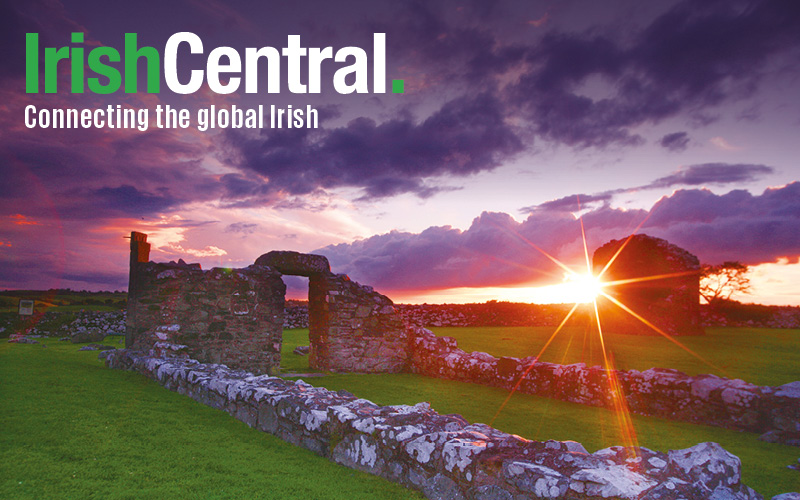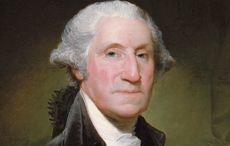We are at the centenary of events that changed Ireland, Europe and the world totally.
The anniversary of the 1914 Great War began in July, a conflict that reshaped the earth and Ireland forever.
In Irish terms the war marked the suspension of Home Rule efforts, the outbreak of rebellion North and South, a war of independence, partition and a civil war.
With the exception of the great upheaval of the Famine there has never been a more consequential period in Irish history than that between 1914 and 1922.
The events and their aftermath are still deeply contested today wherever Irish gather.
The most important event for Ireland is the 100th anniversary of the 1916 Easter Rising, which led to the Irish Republic and partition.
The anniversary is already contentious. The Irish Times this week has been full of former Prime Minister John Bruton's attack on the men and women of Easter 1916 saying the Rising was a waste of time and the equally strong response of Eamon O Cuiv whose grandfather, Eamon De Valera, played a huge role in shaping those events.
What are we here in Irish America to make of these events?
Fortunately the decision by the University of Notre Dame two years ago to go ahead with a three part series on the Easter Rising of 1916 and its aftermath will shape much of the world perception of those events.
The Keough-Naughton Institute is developing a major three part television documentary series to mark the 100th anniversary of the Easter Rising of 1916 in Dublin, Ireland. (Full disclosure I am on the board of the Institute).
PBS, RTE and BBC have already agreed to screen the series and major Canadian and Australian stations are expected to too. Indeed it is likely to be shown all over the world.
The US role in the Rising will feature prominently. The United States is central to the story of Easter 1916. Five of the seven signatories to the Proclamation of an Irish Republic had spent periods of time in the United States and that was to prove significant in the development of their thinking and actions.
Money collected in the U.S. was vital for the purchase of arms to further their plans. For fourteen straight days after the Rising, stories relating to the events in Dublin occupied front-page columns of the New York Times.
Against the backdrop of the mounting casualties on the Western Front, the Dublin Rising may be seen as a relatively small skirmish, but in reality it marks the beginning of the end of the British Empire and it was to have major international consequences.
Institute Director Christopher Fox and Chair of Irish Language and Literature Bríona Nic Dhiarmada and faculty member Cathal Goan, former Director General of RTE, are working with Director Alan Gilsenan, producers Siskel/Jacobs and production company CoCo Television along with a team of Notre Dame students and faculty to tell the story of the events and consequences of Easter 1916 to an international audience.
The National Library of Ireland and the Irish Film Archive have also signaled their support as have leading historians and commentators.
A shot fired in faraway Serbia in July 1914 kicked off the greatest cataclysm on earth and changed the entire future of Ireland.
Why and how is still debated strongly today.
We can rest assured that the Notre Dame’s documentary series will be the foundation stone for a new generation on learning to understand the issues.
It could not be a more important contribution.




Comments